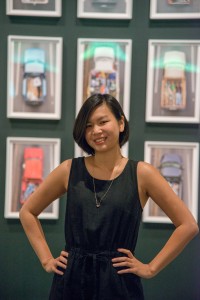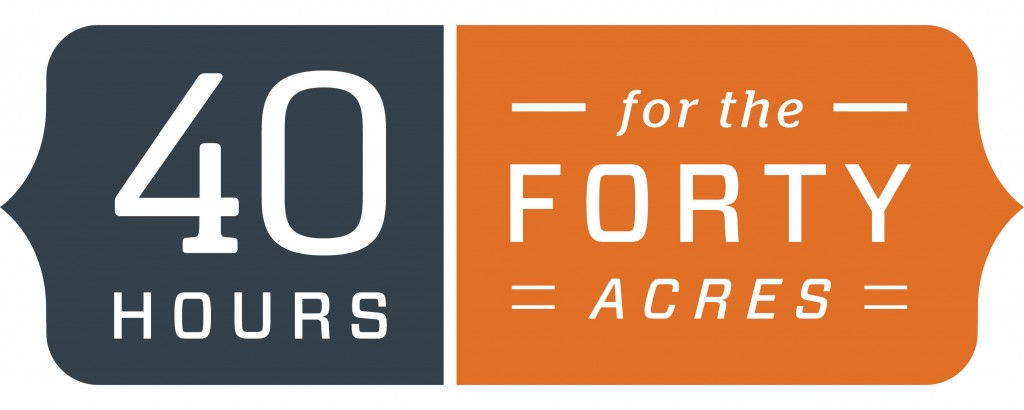Like many undergraduate students, my first visit to the Harry Ransom Center was as an exhibition visitor. A friend and I, both fresh-faced freshmen, stumbled upon the Ransom Center during the exhibition Dress Up: Portrait and Performance in Victorian Photography. My visit certainly made an impression on me, and close to a year later, I became a work-study student in the public programs department. Soon many of my undergraduate classes involved visits to the Center, but I had not yet conducted any research on my own.

It was when I was taking “Food in America, 1900-Present” that I made the transition to research patron. My professor was extremely enthusiastic (he was working on his own book, Tortilla Politics: Mexican Food, Globalization, and Sunbelt America, which I found fascinating!) and encouraged me to use all of the resources that the university had to offer. Easily enough, all I had to do was take the elevator one floor down from where I was working. I was interested in how cookbook rhetoric reflected the changing role of women in the kitchen, which led me to the Alfred A. Knopf archive. Julia Child’s first book, Mastering the Art of French Cooking, was published by Knopf in 1961, and so the archive contains the entirety of Child’s correspondence with her editor Judith Jones. As a fan of Julia Child, I was thrilled to be able to explore primary materials documenting the cookbook’s journey to publication.
The Ransom Center is an extraordinary resource on campus.
Whether an entering freshman or a graduating senior, students can examine rare and unique primary source materials in the course of their studies or undertaking their own original research. Beyond research, there are many opportunities for students to engage with the Center including more than 50 public programs throughout the year; daily exhibition tours, which are free and open to the public; and volunteer, work-study, and internship opportunities. We continually seek new ways to make collections accessible.
If you believe in the value of the humanities and in our mission, help us continue our work by making a donation during 40 Hours for the Forty Acres on April 27–28. Whether you are a student, alumnus, or friend, consider this annual fundraiser your chance to support what’s meaningful to you.
Every gift, whether $4, $40, or $400, makes a difference.
Visit https://utaustin.scalefunder.com/gday/giving-day/28/department/147 to learn more or make your donation.
#UT40for40
Nancy Nguyen is the Development Specialist at the Harry Ransom Center. During her undergraduate studies, she worked at the Ransom Center as a public programs assistant and researched the Knopf archive for her food history class, and she shares that experience here.

